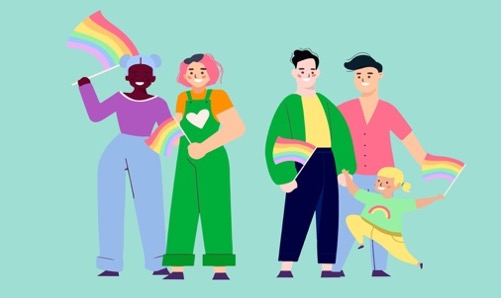The role of occupational therapy serving LGBTQIA+ people: Retrospective perceptions of an occupational therapist
DOI:
https://doi.org/10.17159/2310-3883/2024/vol54no1a11%20Keywords:
person-environment-occupation model, occupational engagement, occupational consciousness, occupational justice, gender discourse, SeAbstract
Introduction and aim: LGBTQIA+ people constitute a minority group that navigate their occupational engagement within a historically entrenched system of oppression. This opinion piece addresses a subject matter that is increasingly garnering attention from the international health science community, yet it remains insufficiently explored in South African occupational therapy dialogues. The aim of this paper is to stimulate critical reflection among occupational therapists on the discourses that underpin our daily practice. By utilising the person- environment-occupation model, we seek to demonstrate the unique and essential role of occupational therapy in serving LGBTQIA+ people within the South African context.
Conclusion: Although occupational therapists are trained to consider all aspects of a person, discussions around gender are rarely emphasised in undergraduate training or clinical practice. This opinion piece demonstrates the roles that occupational therapists may play when working with LGBTQIA+ people to provide services that are holistic and relevant to their needs and contexts. Recognizing the impact of everyday occupational therapy practices on LGBTQIA+ individuals is crucial, requiring a commitment to inclusivity and continuous reflection within the field of occupational therapy.
Implications for practice
Occupational therapists can play an important role in serving LGBTQIA+ individuals when they are committed to recognizing how dominant discourses about this group can be sustained through the everyday practices of delivering occupational therapy.
Downloads
References
See PDF for list of all references

Downloads
Published
Issue
Section
License
Copyright (c) 2024 South African Journal of Occupational Therapy

This work is licensed under a Creative Commons Attribution-NonCommercial-NoDerivatives 4.0 International License.
How to Cite
- Abstract 191
- PDF 202
- PLAGIARISM Report 31



.png)